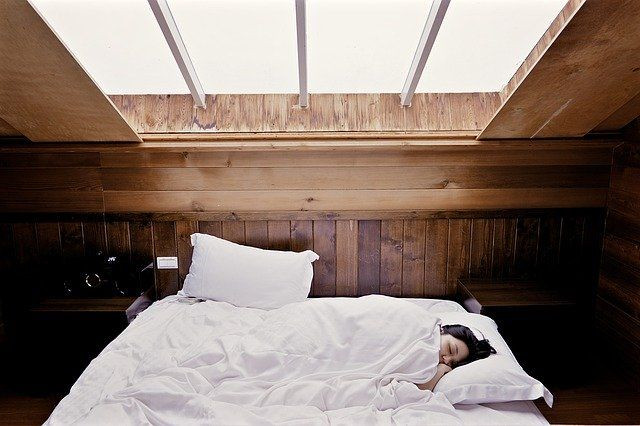Getting Enough Natural Sunlight Exposure May Help Improve Sleep, Mood: Study
KEY POINTS
- Modern environments have "blurred" the distinction between day and night
- Researchers looked at the link between daytime outdoor light with mood and sleep
- Each extra hour spent outdoors at daytime led to benefits including "greater happiness"
Can't sleep? Spending time outdoors and having enough exposure to natural sunlight may be the key to better sleep quality and mood, a team of researchers has found.
Light can actually affect factors such as people's mood, sleep and even circadian rhythm, the researchers of a new study, published in the Journal of Affective Disorders, said. However, the modern world has "blurred this distinction" between the day and night environments in which humans evolved.
For instance, when it comes to the impact of light on health, the focus has mostly been on the importance of avoiding light at night as it may disrupt people's body clocks, Angus Burns, study lead and Ph.D. student at Monash University Turner Institute for Brain and Mental Health, said in the university news release.
But while negative effects of light exposure at nighttime have been well-characterized, the importance of exposure to light during the day has not been discussed as much, the researchers noted.
In their study, the researchers looked at data from more than 400,000 adult participants in the U.K. Biobank program and found that having low daytime light exposure was actually a risk factor for insomnia, poor mood and depressive symptoms.
The participants spent an average of 2.5 hours of daylight outdoors each day, the researchers found. But each extra hour spent outdoors in the daytime was linked to many benefits such as having lower odds of lifetime major depressive disorder, lower odds of using antidepressants, lower neuroticism and also having "greater happiness."
"In addition, each hour of daytime light was associated with greater ease of getting up, less frequent tiredness, fewer insomnia symptoms and earlier chronotype," the researchers wrote.
"These results may be explained by the impacts of light on the circadian system and the direct effects of light on mood centers in the brain," Burns explained.
As such, making simple adjustments may result in a slew of improvements, Professor Sean Cain, who also led the study, said in the news release.
"Insufficient exposure to daytime light could be a key factor contributing to poor mood and sleep outcomes in depressive disorders," Cain said. "My general advice for everyone is simple: when the sun is out, get as much light as you can, but after it sets, keep it dark. Your body will thank you."

© Copyright IBTimes 2025. All rights reserved.






















